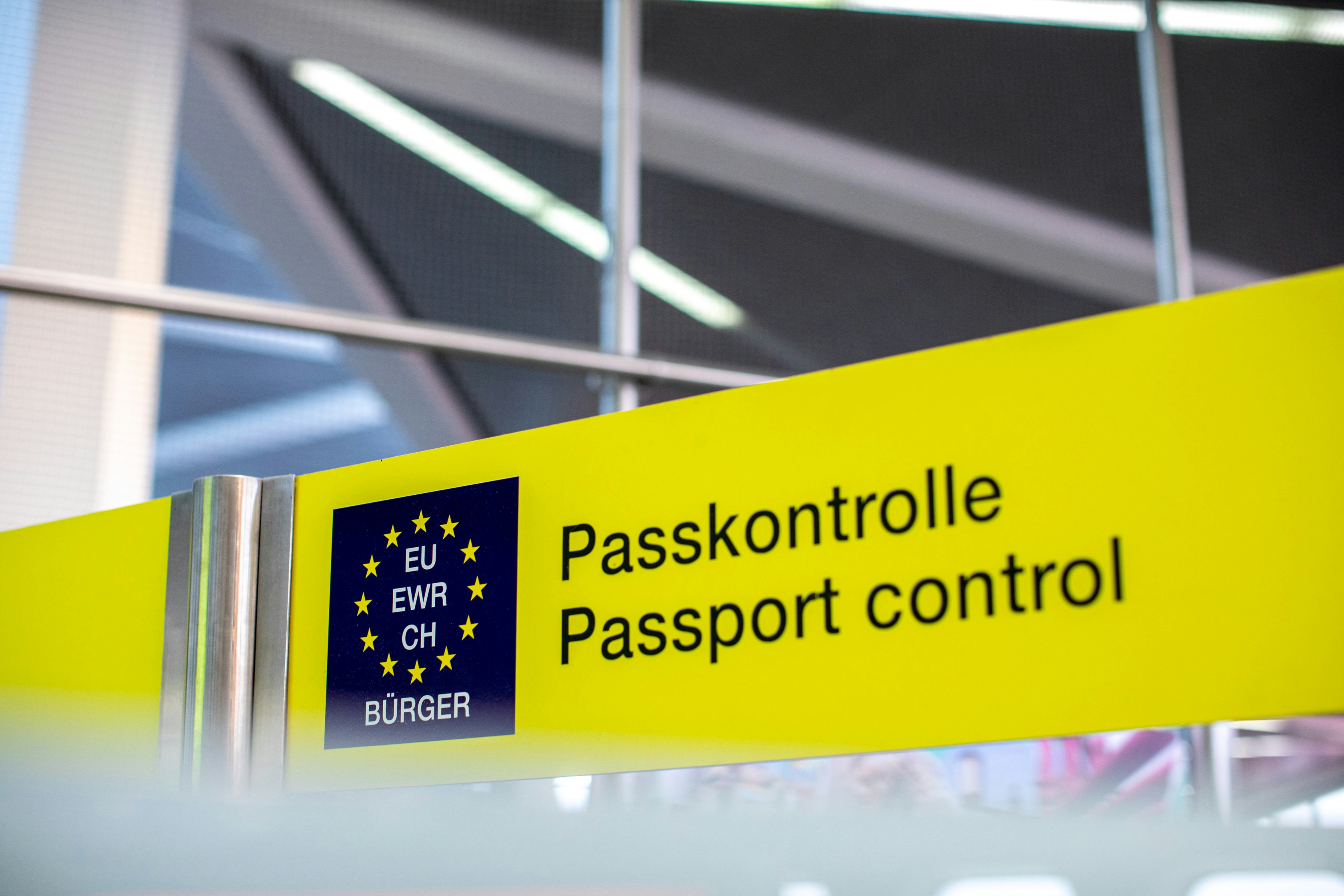Test- FTSE 100 Kicks Off August on a High as BP and Senior Lead Market Momentum
$11
10 Oct 2025, 13:13

Unsplash.com

By the summer of 2025, the EU intends to impose a €7 (£6) visa waiver on some non-EU nationals, including Britons.
Before going to 30 countries in Europe, citizens of a list of non-EU nations, including the UK, will now need to request for a waiver, which works similarly to a US Esta.
Travel to the Schengen area—which comprises all EU member states save for Ireland and Cyprus—as well as Iceland, Liechtenstein, Norway, and Switzerland—will be exempt from the waiver.
The Process
The European Travel Information and Authorisation System (Etias) will be the name of the new program.
Presently, British citizens are exempt from needing a visa to enter the EU's borderless Schengen area for up to 90 days every 180 days.
Citizens of more than 60 non-EU nations, such as the US, Japan, and Australia, are likewise entitled to this.
This will alter under the Etias plan.
Every 180 days, visitors from the non-EU nations on the list will have to apply for a visa waiver in order to enter the EU for the same 90-day period. Extended visits will need a visa.
When passing via the EU border, border guards will inspect the document.
The EU publishes an external list that includes every non-EU nation qualified for Etias.
The three-year waiver of a visa will permit an infinite number of visits.
You will need to apply for a new Etias when you receive a new passport because it will be connected to your current one and expire in less than three years.
Most individuals will pay €7 for the waiver, which according to the EU Commission is "much cheaper" than the $14 (€12.50; £10.75) US Esta. Anyone between the ages of 18 and 70 will be required to pay the price. Children and anyone over 70 will not be charged for the waiver.
What is the reason for the possible introduction?
In response to worries about terrorism and the migrant crisis, the EU has agreed to impose tighter border restrictions.
According to the text, "security checks on those persons who travel visa-free to the EU will be strengthened" via the Etias system.
The EU website claims that the Etias will assist member states in "assessing potential risks" associated with individuals crossing national borders.
(Sources: bbc.co.uk)